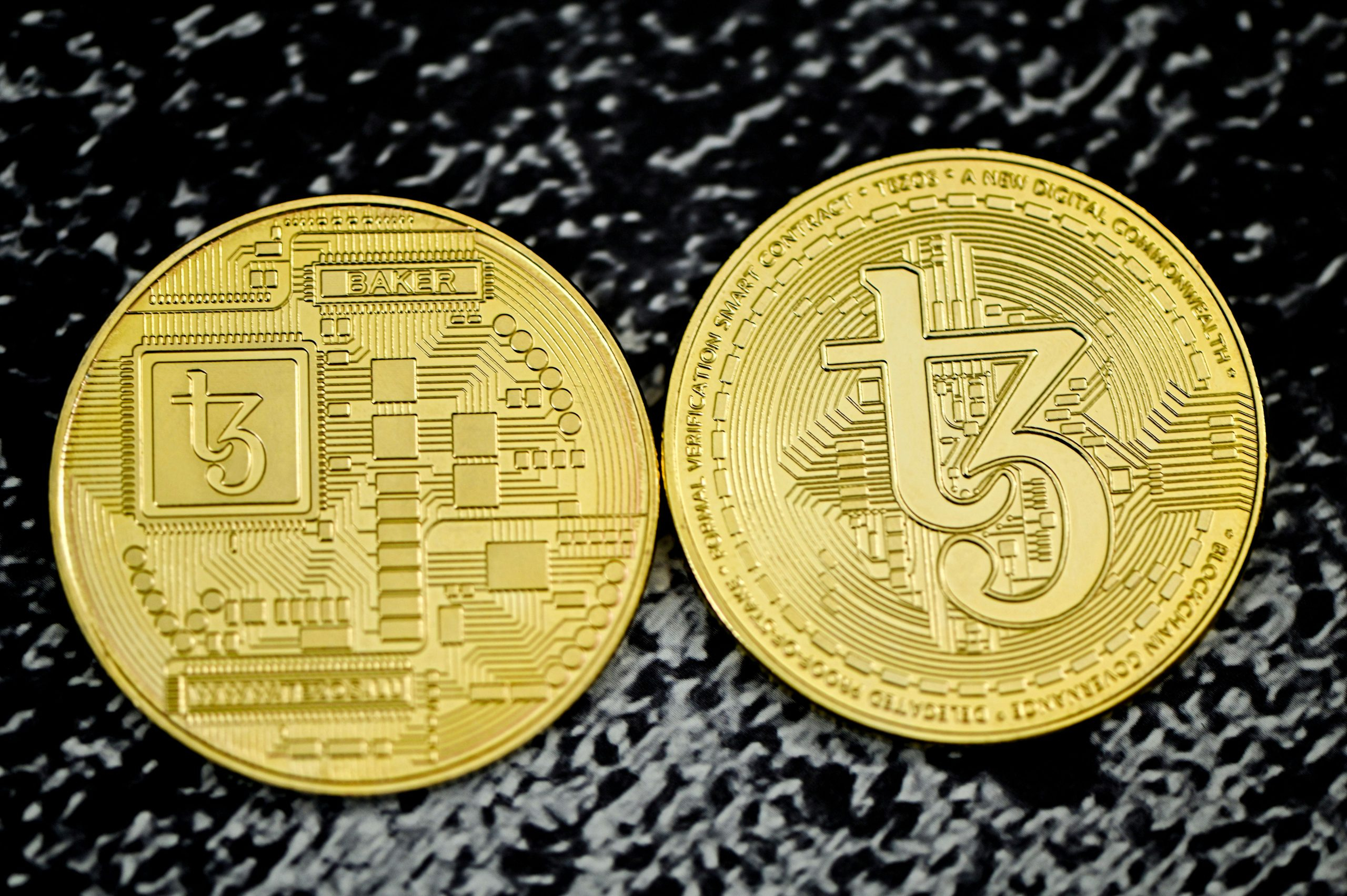Blockchain and Contracts: Rewriting the Rules of Legal Engagement
Imagine a world where contracts are no longer a source of confusion, disputes, and delays. A world where legal engagement becomes streamlined and efficient, saving both time and resources. This might sound like a distant dream, but with the advent of blockchain technology, it is quickly becoming a reality. The decentralized and immutable nature of blockchain is rewriting the rules of legal engagement in ways that were unimaginable just a few years ago. In this article, we’ll explore the intersection of blockchain and contracts, and how it is transforming the legal landscape.
The Traditional Legal Landscape
In a traditional legal landscape, contracts are the cornerstone of any business transaction. They lay out the terms and conditions that both parties agree to and serve as a legally binding agreement. However, this process is not without its flaws. Contracts are often lengthy, complex, and prone to human error. This can lead to ambiguity, disputes, and delays in the execution of the contract. This, in turn, leads to increased costs, wasted time, and damaged relationships.
The Rise of Blockchain Technology
Enter blockchain technology – a revolutionary new way of storing and sharing data that is decentralized, secure, and transparent. Blockchain is essentially a digital ledger that records transactions in a secure and immutable way. Each transaction is verified by a network of computers, making it virtually impossible to alter or tamper with. This eliminates the need for a central authority or intermediaries, thereby reducing the risk of fraud or human error.
Smart Contracts
One of the most significant applications of blockchain in the legal world is the development of smart contracts. These are self-executing contracts that are coded with the terms and conditions of the agreement. Once the conditions are met, the contract automatically executes without the need for any intermediaries. This not only saves time and resources but also eliminates the potential for disputes and delays as the terms are predefined and unchangeable.
Immutable and Encrypted Data
In traditional contracts, any modifications or alterations to the terms must be agreed upon by both parties and documented. This process can be time-consuming and prone to disputes. With blockchain, all data is encrypted and stored in a distributed network, making it impossible to tamper with. Any changes to the contract are recorded and can be easily traced, eliminating any discrepancies or disputes.
The Benefits of Blockchain in Legal Engagement
The impact of blockchain on legal engagement goes beyond just smart contracts. The use of this technology offers numerous benefits for businesses, including:
Efficiency and Cost Savings
The automation of contract execution and the elimination of intermediaries result in significant cost savings and improved efficiency. This allows businesses to focus their resources on other critical areas of their operations.
Security and Transparency
The decentralized nature of blockchain makes it virtually impossible for data to be altered or manipulated. This adds an extra layer of security to contracts and ensures transparency throughout the agreement.
Speed and Accuracy
With smart contracts, the time-consuming process of manually reviewing and approving contracts is eliminated. This not only speeds up the process but also ensures accuracy and reduces the risk of errors.
The Future of Legal Engagement
The potential for blockchain to transform legal engagement is vast, and we are just scratching the surface of its capabilities. As this technology becomes more widespread and advanced, we can expect to see a significant shift in the way contracts are created, executed, and enforced. With greater efficiency, security, and transparency, businesses can expect to save time, money, and resources, while also improving their overall legal landscape.
In conclusion, blockchain technology is rewriting the rules of legal engagement. It has the potential to streamline and optimize the entire contract process, making it faster, more secure, and cost-effective. As businesses continue to adopt this technology, the future of legal engagement looks brighter than ever before.











